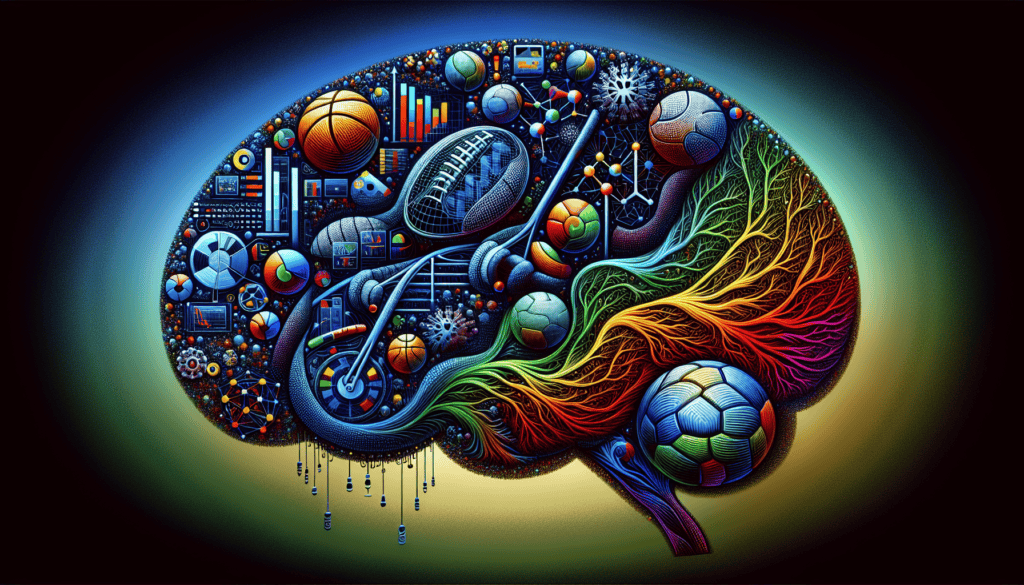Domestic violence is a serious issue that affects millions of people across the country. It can take many forms, including physical violence, emotional abuse, threats, and intimidation. Sadly, these incidents are all too common, affecting people from all walks of life.
If you’ve been charged with domestic violence, the legal consequences are just one piece of the puzzle. There’s a significant societal impact that can affect your relationships, housing, and even your mental health. Domestic violence lawyers understand the complexities of these cases and can help you navigate the legal process while minimizing the collateral damage.
In this guide, we’ll explore the societal impacts of a domestic violence charge and how you can mitigate them.
Societal Impacts of a Domestic Violence Charge
Being charged with domestic violence can have far-reaching consequences beyond the legal system. It can affect every aspect of your life, often in unexpected ways. Here are some of the societal impacts you may face:

Impact on Relationships
A domestic violence charge can put a serious strain on your relationships with loved ones. Family and friends may struggle to understand the situation, leading to arguments and a breakdown in trust. Social stigma and whispers can create feelings of isolation, making it difficult to maintain existing relationships and build new ones.
Impact on Employment and Housing
The fallout from a domestic violence charge can impact your livelihood. Potential employers might be hesitant to hire someone with a criminal record, making finding a job more challenging. Securing housing can be difficult as well, as many landlords conduct background checks that could disqualify you.
Impact on Child Custody and Visitation
If you have children, a domestic violence charge can significantly impact your parental rights. Depending on the severity of the charges and the specific circumstances, you could face losing custody altogether or having your visitation rights restricted. This can make it incredibly difficult to maintain a healthy relationship with your children.
Impact on Mental Health
The emotional toll of a domestic violence charge can be immense. Guilt, shame, and feelings of isolation can contribute to depression and anxiety. Coping with the legal process and the potential judgment from others can further exacerbate these mental health struggles.
Legal and Financial Repercussions
Aside from the societal impacts, a domestic violence charge can also have legal and financial repercussions. These may include:
- Jail time or probation
- Fines and court fees
- Mandatory anger management or domestic violence classes
- Restraining orders
- Loss of employment opportunities
- Negative impact on credit score
- Difficulty obtaining loans or financial aid

Pathways to Mitigating the Impact
While the societal, legal, and financial impacts of domestic violence may seem overwhelming, there are ways to mitigate the damage. Here are some steps you can take:
- Seek counseling or therapy to address any underlying issues that may have led to the incident.
- Follow through with any court-mandated anger management or domestic violence classes.
- Maintain good behavior and comply with all conditions of the court, including any restraining orders.
- Communicate openly and honestly with your loved ones about the situation and address any concerns they may have.
- Work with an experienced domestic violence lawyer to build a strong defense and potentially have the charges reduced or dismissed.
Moving Forward After A Domestic Violence Charge
Moving forward after a charge of domestic violence can be difficult, but it’s not impossible. Seek support from trusted friends and family, and focus on making positive changes in your life. With the right mindset and determination, you can overcome the societal impacts of a domestic violence charge and create a better future for yourself.































